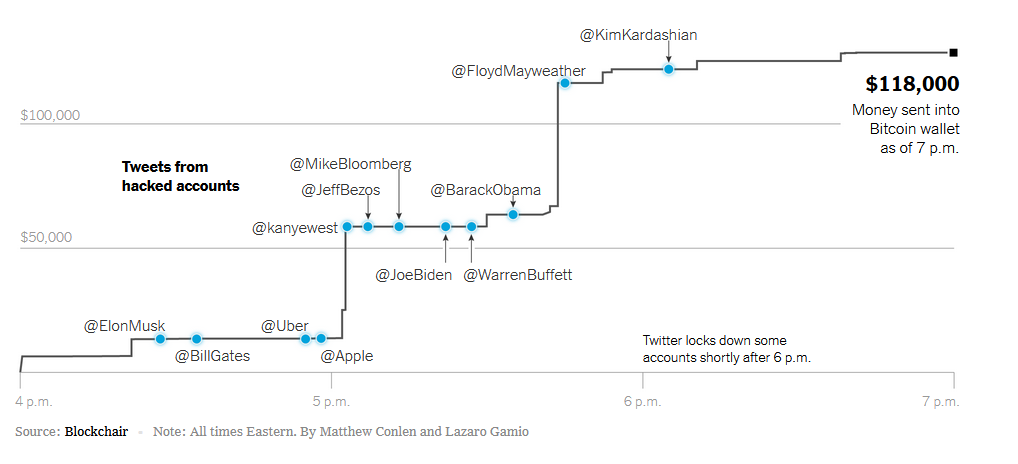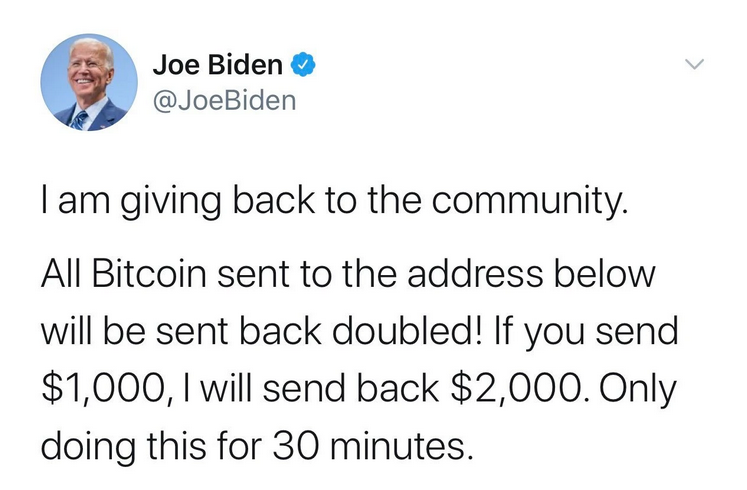Since the leaked draft overturning Roe v Wade was released, I’ve encountered a number of forums in which women are advocating we all delete any menstruation tracking apps. This seems, to me, like performance art meant as protest. Not an effective solution to the stated problem.
I get the point — people don’t want their data tracked in a place where the state can readily compel production of records. If they have reasonable suspicion that an abortion took place, they can get a warrant for your data. But deleting the app from your phone — that doesn’t actually delete the data on the cloud hosting provider’s side. Deleting the app has the same impact as ceasing to enter new data. Except you’ve inconvenienced yourself by losing access to your old data. Check if an account can be deleted — and learn what the details of ‘delete’ actually mean. In many cases, ‘delete’ means disable and then purge after some delta time elapses. What about backups? For how long would the company be able to produce data if they really needed to?
But before going to extremes to actually delete data, consider if the alternatives are actually any “safer” by your definition. If I were tracking my period on a little paper calendar in my purse or one pinned to the cork board in the rec room? They may get a warrant and seize my paper calendar too. And, really, you could continue to enter “periods” even if they’re not happening. There’s usually a field for ‘notes’ and you could put something in like ‘really painful cramping’ or ‘so many hot flashes’ whenever you actually mean “yeah, this one didn’t happen” — which would make the data the government is able to gather rather meaningless.




